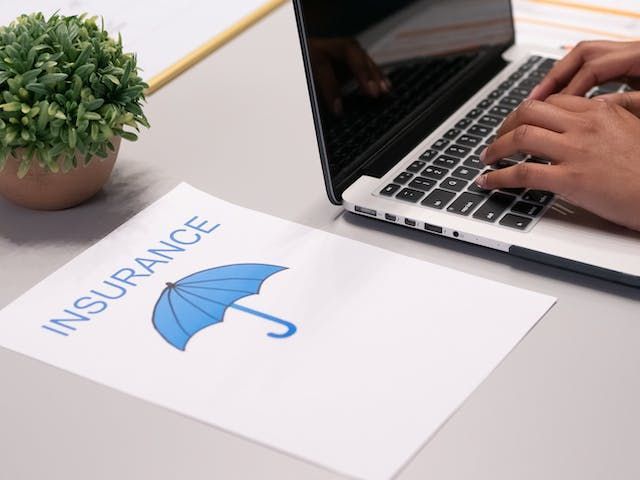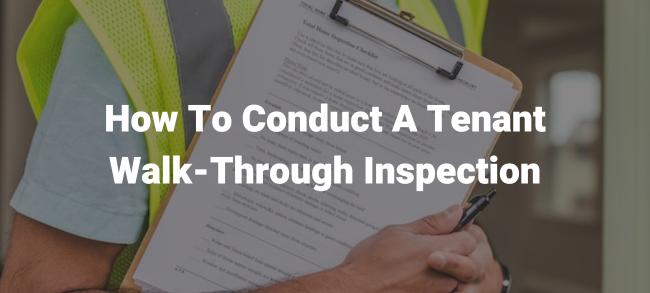Florida Landlord Insurance

Owning a rental property in Florida can be a profitable venture, but it comes with its own set of challenges and risks. One of the most critical aspects of managing these risks is having the right insurance. Landlord insurance is specifically designed to protect rental property owners from potential losses due to damage, liability, and loss of rental income.
This guide aims to provide landlords with essential information about landlord insurance, especially tailored for the Florida market.
Rental Costs and Landlord Insurance Across the USA
The cost of renting out property and securing appropriate insurance varies significantly across the United States. In states with higher property values and more natural disasters, such as California and Florida, rental and insurance costs tend to be higher.
According to recent data, Florida landlords pay more for insurance compared to the national average due to the state's susceptibility to hurricanes, flooding, and other weather-related risks. Understanding these costs is crucial for landlords to set appropriate rental rates and budget for expenses.
Understanding Florida Landlord Insurance
Florida landlord insurance is designed to cover rental properties against a variety of risks specific to the state. This type of insurance is more comprehensive than standard homeowners insurance, offering protection tailored to the needs of landlords.

Given Florida's unique weather patterns and legal requirements, landlord insurance is essential for anyone renting out property in the state.
Landlord Insurance vs. Homeowners Insurance: Key Differences
Many property owners might wonder why they need landlord insurance if they already have homeowners insurance. The key difference lies in the scope of coverage.
Homeowners insurance is designed to protect owner-occupied residences, covering personal belongings and liability within that context. In contrast, landlord insurance covers properties rented to tenants, focusing on different types of risks and liabilities like the following:
- Coverage for Rental Income Loss: Unlike homeowners insurance, landlord insurance often includes coverage for loss of rental income if the property becomes uninhabitable due to a covered event.
- Extended Liability Coverage: Landlord insurance provides liability protection that includes tenant-related issues, such as injuries that occur on the rental property.
- Property Damage Coverage: It specifically covers damage to the rental property, including the structure and any landlord-owned furnishings or appliances provided to tenants.
Coverage Provided by Florida Landlord Insurance
Landlord insurance policies typically include several key coverage areas to protect landlords from a wide range of risks.
Dwelling Protection
This covers the physical structure of the rental property. If the building is damaged by covered events like fire, wind, or hail, the insurance will pay for repairs or rebuilding costs.

It ensures that the main building, including walls, roof, and foundation, is protected. This coverage is essential for maintaining the property's value and ensuring it remains habitable for tenants.
Coverage for Other Structures
This includes coverage for detached structures on the property, such as garages, sheds, or fences. It ensures that these additional structures are protected from damage caused by covered events. Having this coverage can save landlords from significant out-of-pocket expenses for repairs or replacements.
Insurance for Landlord-Owned Property
This protects items owned by the landlord that are used to service the rental property, such as appliances or lawn equipment. It includes covering the expenses incurred in repairing or replacing these items in case they undergo damage or theft.
This ensures that essential maintenance and tenant services can continue without interruption. By safeguarding these assets, landlords can avoid unexpected expenses and maintain the property's operational efficiency.
Liability Coverage for Landlords
This provides protection if a tenant or visitor is injured on the property and the landlord is found liable. It covers legal fees and any resulting medical expenses or settlements.
Optional Coverage Options
- Rent Guarantee Insurance: Covers lost rental income if a tenant stops paying rent. This ensures steady cash flow even during tenant disputes or financial hardships.

- Vandalism and Theft Coverage: Protects against damage or loss due to tenant vandalism or theft. This coverage can help cover repair costs and replace stolen items, minimizing financial setbacks.
- Emergency Repair Services: Provides immediate assistance for urgent repairs to prevent further damage. Quick response to emergencies can maintain tenant satisfaction and protect the property's condition.
Exclusions from Florida Landlord Insurance
While landlord insurance covers many risks, there are some exclusions landlords should be aware of.
- Tenants' Personal Belongings: Landlord insurance does not cover tenants' personal property. Tenants should be proactive in obtaining renters insurance to safeguard their personal belongings.
- Routine Appliance Maintenance: Regular maintenance and wear-and-tear repairs for appliances are not covered. Landlords are responsible for these costs.
- Owner-Occupied Properties: If the landlord lives in part of the property, standard landlord insurance might not apply. Special coverage arrangements are needed for such situations.
Top Tips for Reducing Your Florida Landlord Insurance Costs
- Prepare for Property Inspections in Advance: Ensuring your property is in good condition before an inspection can help reduce premiums by demonstrating lower risk.
- Consider Raising Your Deductible: A higher deductible can lower your premium, but make sure you can afford to pay it if a claim arises.

- Implement Measures to Mitigate Storm and Wind Damage: Installing storm shutters, reinforcing the roof, and taking other precautions can reduce the risk of damage and lower your insurance costs.
- Explore Discounts Offered by Your Insurance Provider: Many insurers offer discounts for bundling policies, installing security systems, or having a history of no claims.
- Take Actions to Minimize Tenant-Related Risks: Screening tenants carefully and addressing maintenance issues promptly can prevent problems and reduce the likelihood of claims.
Bottom Line
Landlord insurance is a critical tool for protecting your rental property investment in Florida. It offers comprehensive coverage for property damage, liability, and loss of rental income, addressing the unique risks faced by Florida landlords. By understanding what is covered and what is excluded, as well as how costs are determined, landlords can make informed decisions about their insurance needs.
Advantage Realty Services can assist landlords in navigating the complexities of obtaining the right insurance coverage. With expertise in Florida's real estate market, we can help you assess your property risks, compare insurance providers, and find policies that provide the best protection at competitive rates.
Contact us today to learn more about how we can help you safeguard your rental properties.








